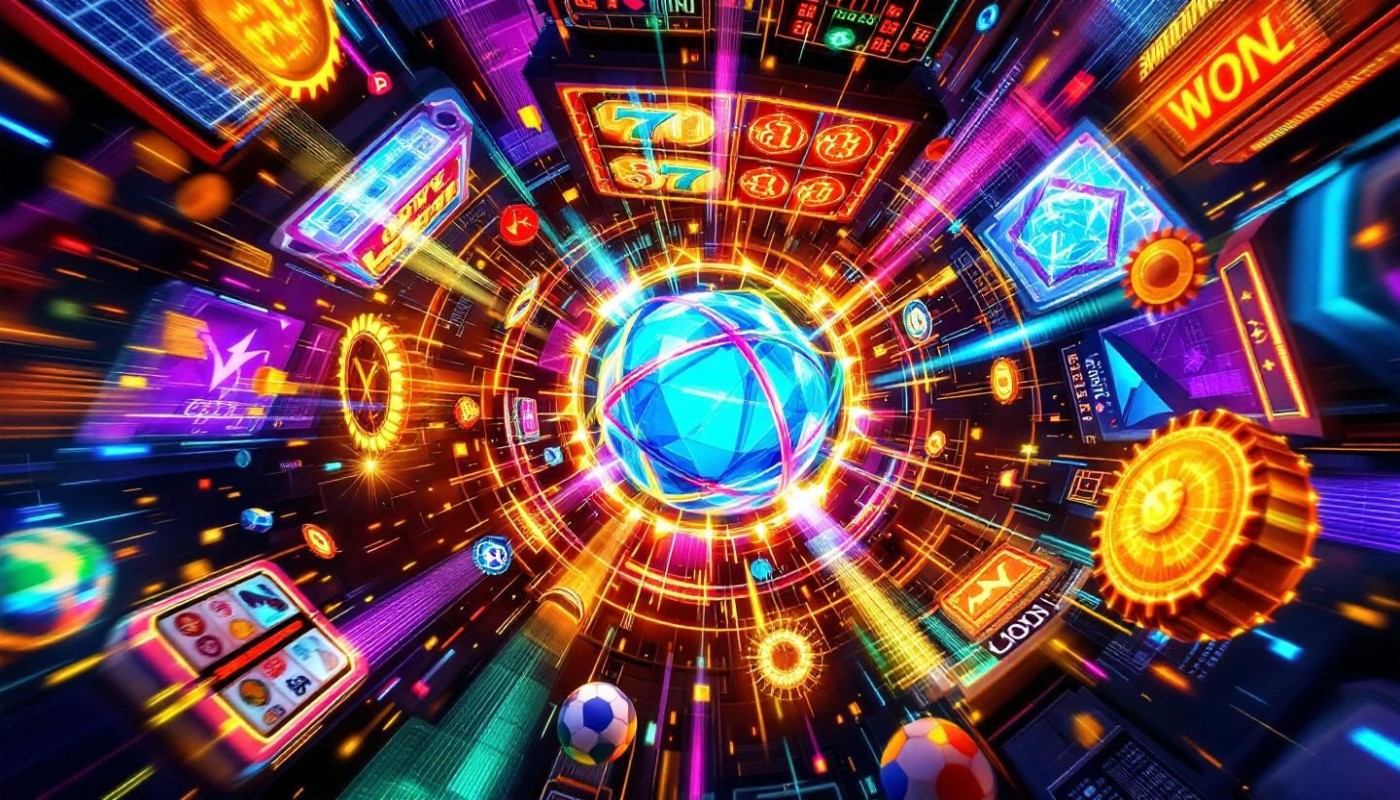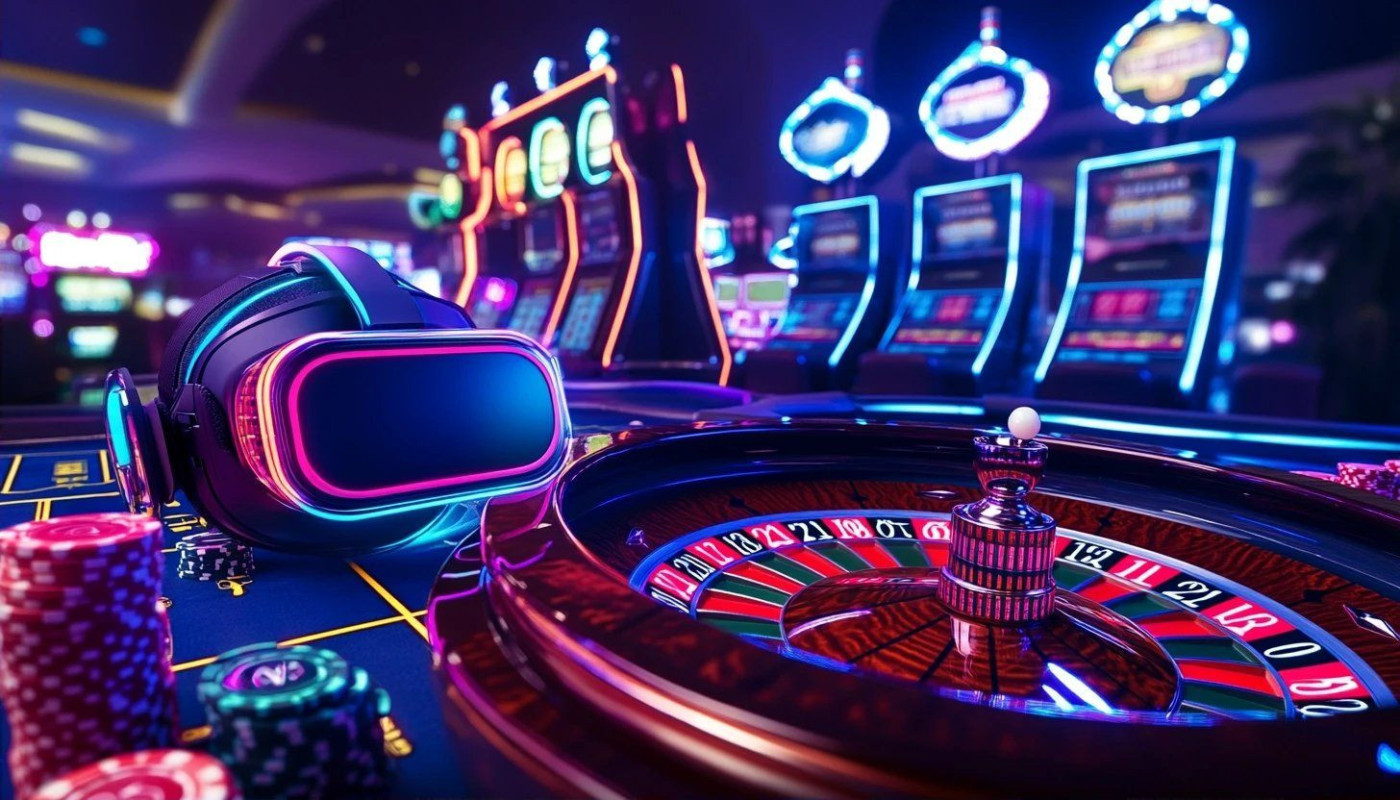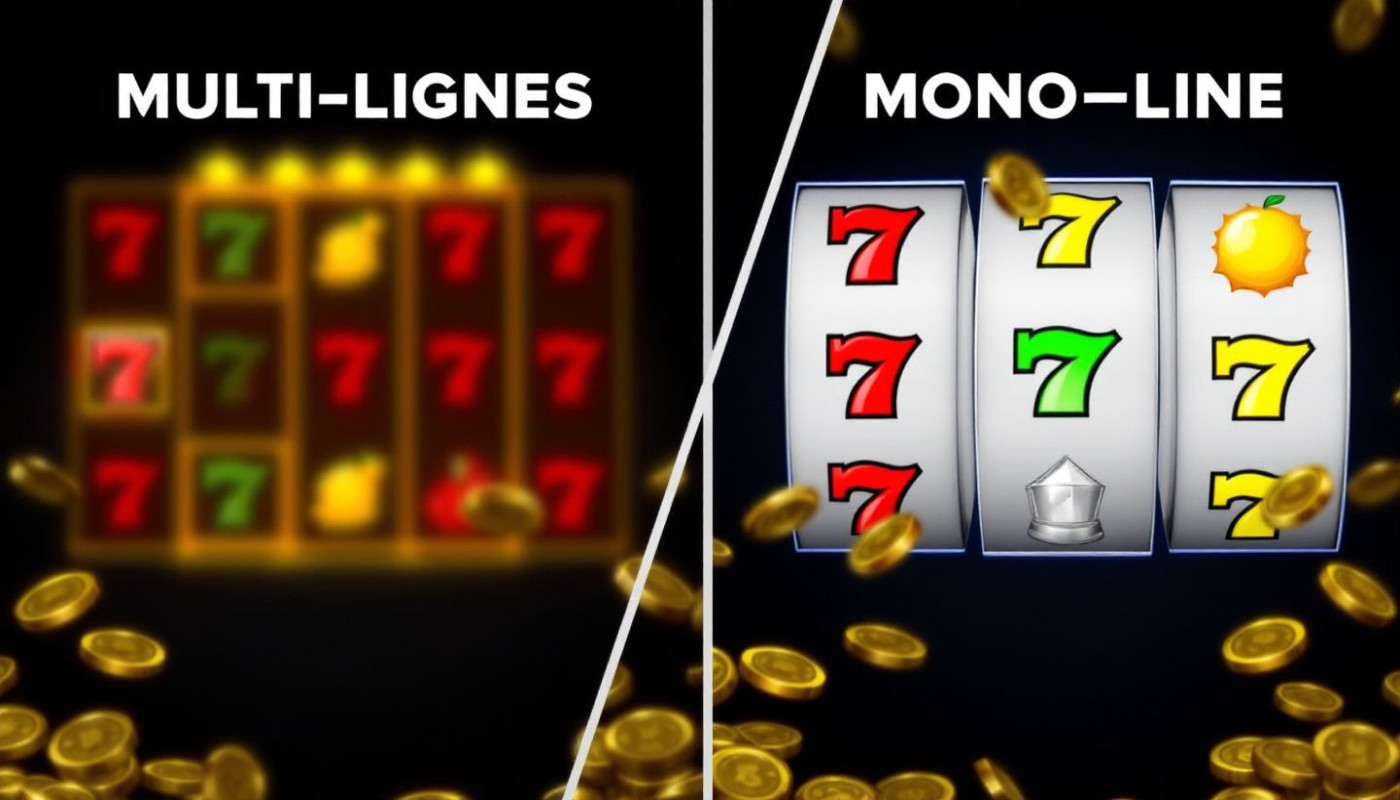Table of contents
The magic and allure of slot machines are undeniable. From the lights and sounds to the promise of big wins, they are an essential part of any casino experience. However, there's more to these fascinating machines than meets the eye. In this article, we'll delve into the mechanics, history, and psychology behind slot machines, offering a closer look at what's really going on behind those bright lights. This journey will not only enrich your understanding, but also create an even more exciting casino experience. So, if you've ever wondered what's happening inside those spinning reels, this article is for you.
History of Slot Machines
The slot machine history dates back to the late 19th century with the creation of the "Liberty Bell". This revolutionary contraption, a predecessor to today's dazzling digital games, marked the beginning of a new era in gambling entertainment. The Liberty Bell was a mechanical device, a far cry from the electronic slot machines that would come later, but its impact was profound.
The evolution of slot machines took a significant turn in the early 20th century with the introduction of fruit machines. These machines, adorned with bright and colourful fruit symbols, became a ubiquitous part of bars, clubs, and casinos. They are considered an essential chapter in slot machine history, representing a move towards more symbolic and thematic elements in gaming.
The transition from mechanical to electronic slot machines was a monumental leap in the industry. This change not only improved the gameplay experience with smoother mechanics and more engaging visuals but also introduced new possibilities for game design. Electronic slot machines offered a broader scope for innovation, giving rise to exciting features like multiple paylines, bonus rounds, and progressive jackpots.
In conclusion, the journey from the first mechanical "Liberty Bell" to the present-day digital slots is a fascinating tale of innovation, adaptation, and evolution. The history of slot machines is an intriguing study of how a simple game can transform over time to become an integral part of our entertainment culture.
The Mechanics of Slot Machines
Slot machines, both mechanical and digital, operate on a basis of intricate mechanisms and high-tech systems. One fundamental component that makes these gaming devices tick is the spinning reels - a core aspect of slot machine mechanics. Originally, these were physical reels that spun around, but in modern machines, they are often represented by virtual, digital reels. In each case, the reels are crucial for determining the outcome of a game.
In slot machine technology, a vital role is played by random number generators (RNGs). Whether dealing with a traditional one-armed bandit or the latest video slot, the RNG ensures that every spin is independent with outcomes based on chance, thus securing the fairness of the game.
Of significant importance too is the concept of 'Return to Player' (RTP). The RTP is a percentage that indicates the likelihood of winning over a prolonged period of play. It is calculated over millions of spins, and while winning in the short term is very much possible, in the long term, the machine will return to its programmed RTP. This fundamental principle aids in attaining a balance between chance and strategy, making each spin a blend of anticipation and surprise.
The Psychology Behind Slot Machines
Slot machines, with their vibrant lights, exciting sounds, and the tantalizing promise of substantial wins, are designed to engage our senses and tap into the very core of human psychology. A central concept in this respect is the 'psychology of gambling'. This pertains to the desire for risk, reward, and the thrill that comes with the possibility of a big win. The design of these machines is carefully thought out to attract and maintain the player's attention. Interestingly, the use of bright lights and sounds, besides being aesthetically pleasing, also work on a subconscious level to keep players engaged and constantly anticipating a win.
Another fundamental psychological principle at work in the slot machine design is 'intermittent reinforcement'. This refers to the unpredictability of rewards, which, in the case of slot machines, is the unpredictable nature of wins. This sporadic payoff schedule tends to create a strong and persistent desire to continue playing. It builds excitement and stimulates the release of dopamine, a neurotransmitter associated with pleasure and reward. The result? An addictive form of gambling that keeps the player hooked and continuously yearning for that next big win.
Impact of Slot Machines on the Casino Industry
Slot machines undeniably hold a critical role within the casino industry. They are pivotal in generating a significant amount of slot machine revenue, thus contributing substantially to the industry's overall income. The allure these machines present attracts a large crowd, heightening the atmosphere and, in turn, enhancing the overall casino experience.
The design of these machines is not to be overlooked; it is a key factor in their success. From the bright lights to the captivating sounds, every element is strategically crafted to entice the senses and engage players. Additionally, the placement of slot machines within the casino is another noteworthy factor influencing their success. These machines are usually placed in areas with high foot traffic, leveraging visibility to draw in potential players.
Moreover, casino design is inherently linked to player retention. A well-designed casino with strategically placed slot machines encourages players to stay longer, increasing the likelihood of them spending more. This cycle not only boosts slot machine revenue but also reinforces the machines' crucial role in the industry.
Future of Slot Machines
In contemplating the prospective evolution of slot machines, it is rational to anticipate a future brimming with considerable technological advancements. The digital age has transformed the classic slot machine experience, leading to the rise of online slot machines. Online slot machines have seen a remarkable surge in popularity in recent years, largely due to their convenience and the diverse range of games available. This trend is likely to continue, with advancements in technology further enhancing the player experience.
In envisioning the future casino design, one can expect an even greater emphasis on digital gambling. This is partly due to the increasing integration of sophisticated technology into the gaming industry, such as virtual reality. The use of virtual reality in slot machines could provide a truly immersive gambling experience, taking the excitement and thrill of slot machines to an entirely new level. Moreover, it would allow players to enjoy the casino atmosphere from the comfort of their homes.
In conclusion, the future of slot machines appears to be an exciting blend of cutting-edge technology and innovative design. As the world continues to digitize rapidly, it's only logical that the gambling industry will follow suit. Therefore, players can look forward to an increasingly advanced and engaging slot machine experience.
Similar articles

Exploring Mythological Themes In Online Slot Games

Exploring The Impact Of Slot Game Themes On Player Engagement

Exploring The Impact Of Free Spin Promotions On Player Loyalty?

Essential Steps To Starting Your Online Casino Journey

Exploring The Evolution Of Road-Themed Casino Games

Analyzing the benefits of multi-line vs single-line slots for optimal betting

A Guide To Understanding And Claiming Deposit Bonuses

Understanding The Odds: What Does RTP Mean For Players?

Strategies For Winning Big In Online Pokies And Table Games

Exploring The Appeal Of No-Deposit Bonuses In Online Slots

Exploring The Benefits Of Generous Welcome Bonuses And Free Spins In Online Casinos

Exploring The Allure Of Asian-themed Online Slots: Trends And Player Engagement

The Evolution Of Slot Gameplay: From Classic To Modern Variations

Maximizing Your Winnings: Advanced Techniques For Slot Machine Success

